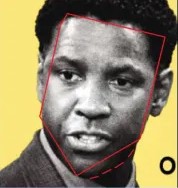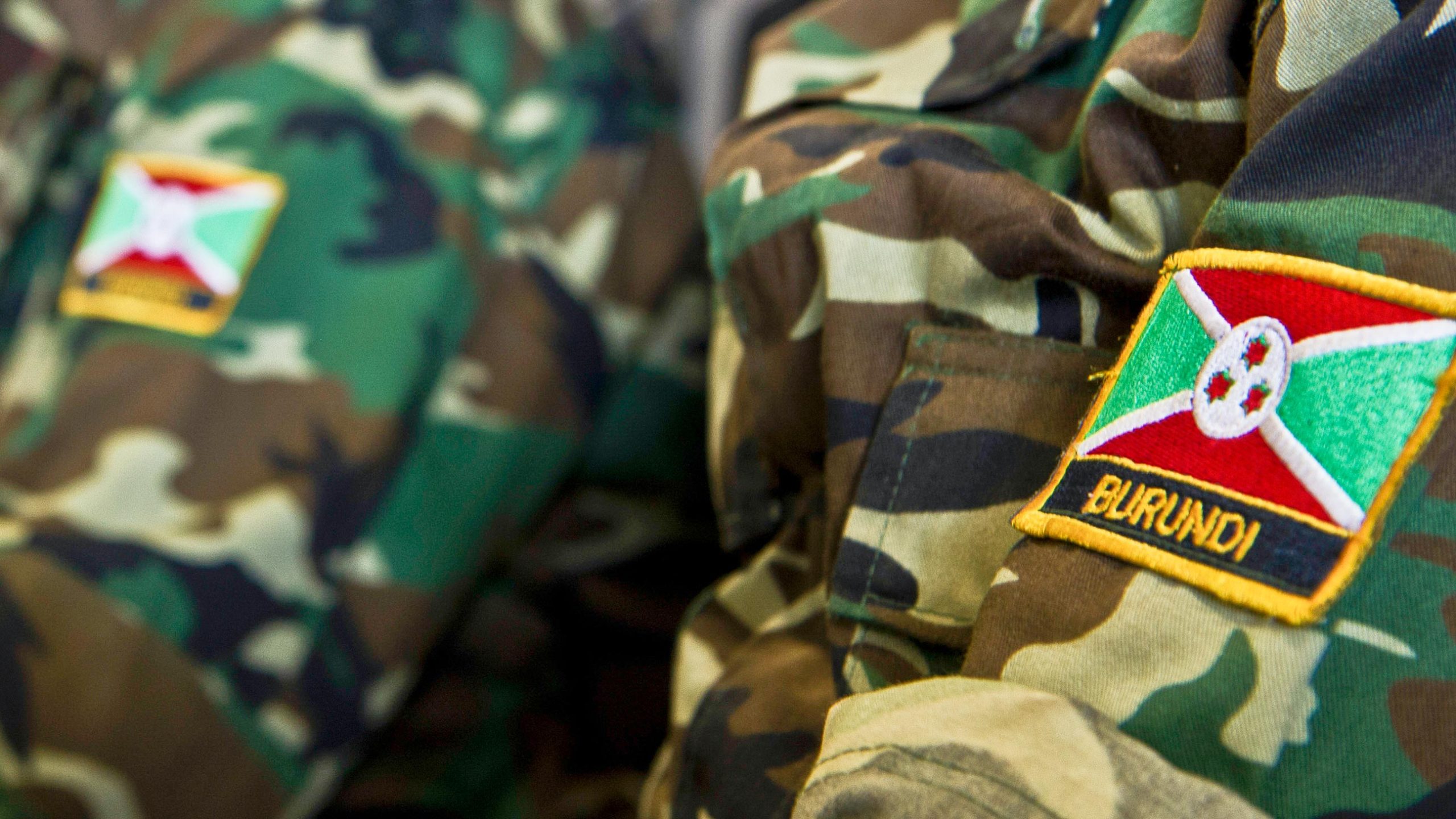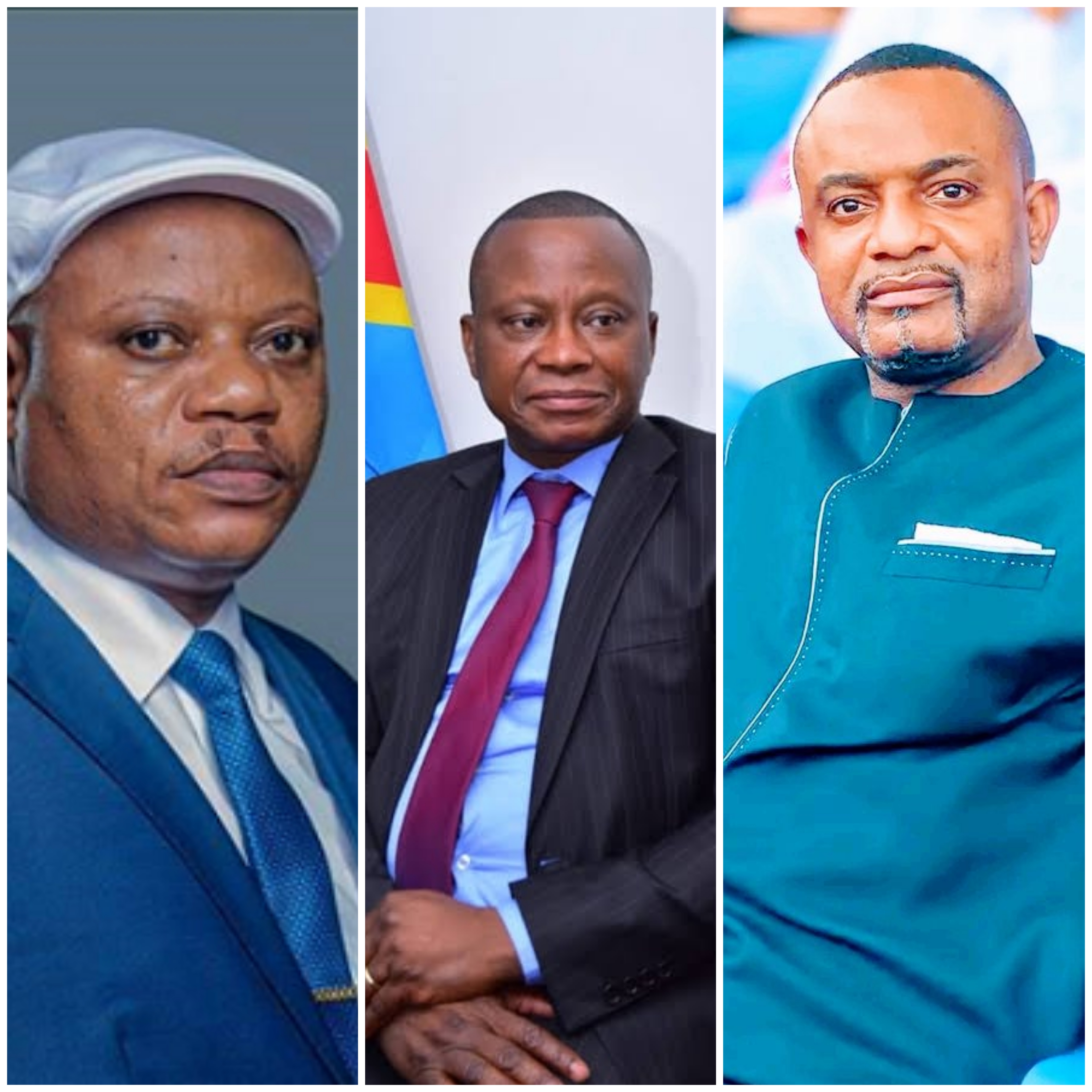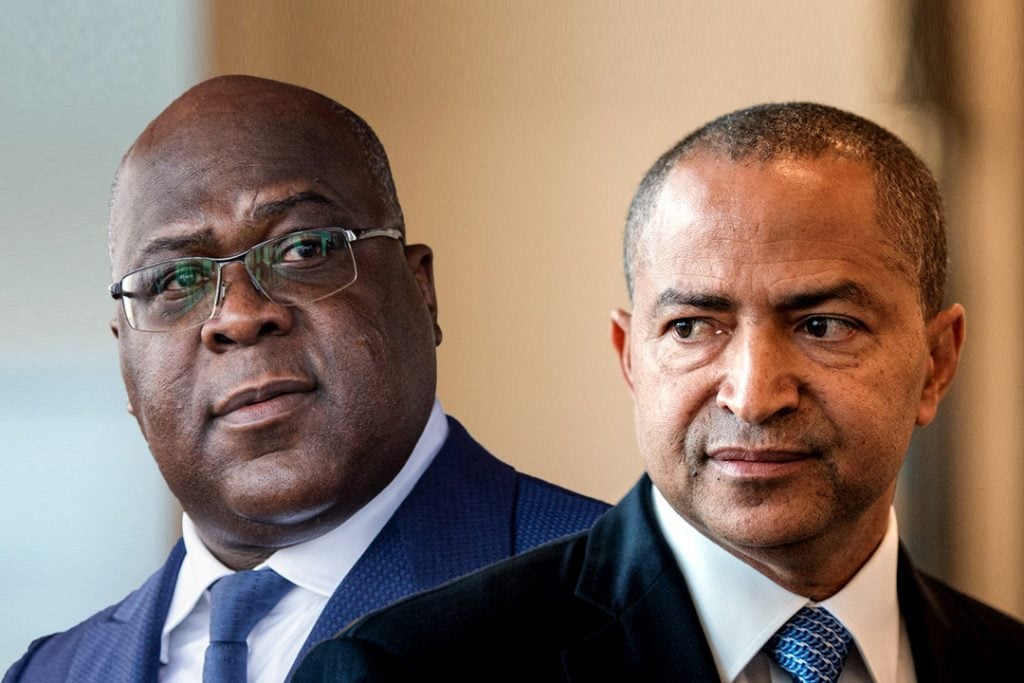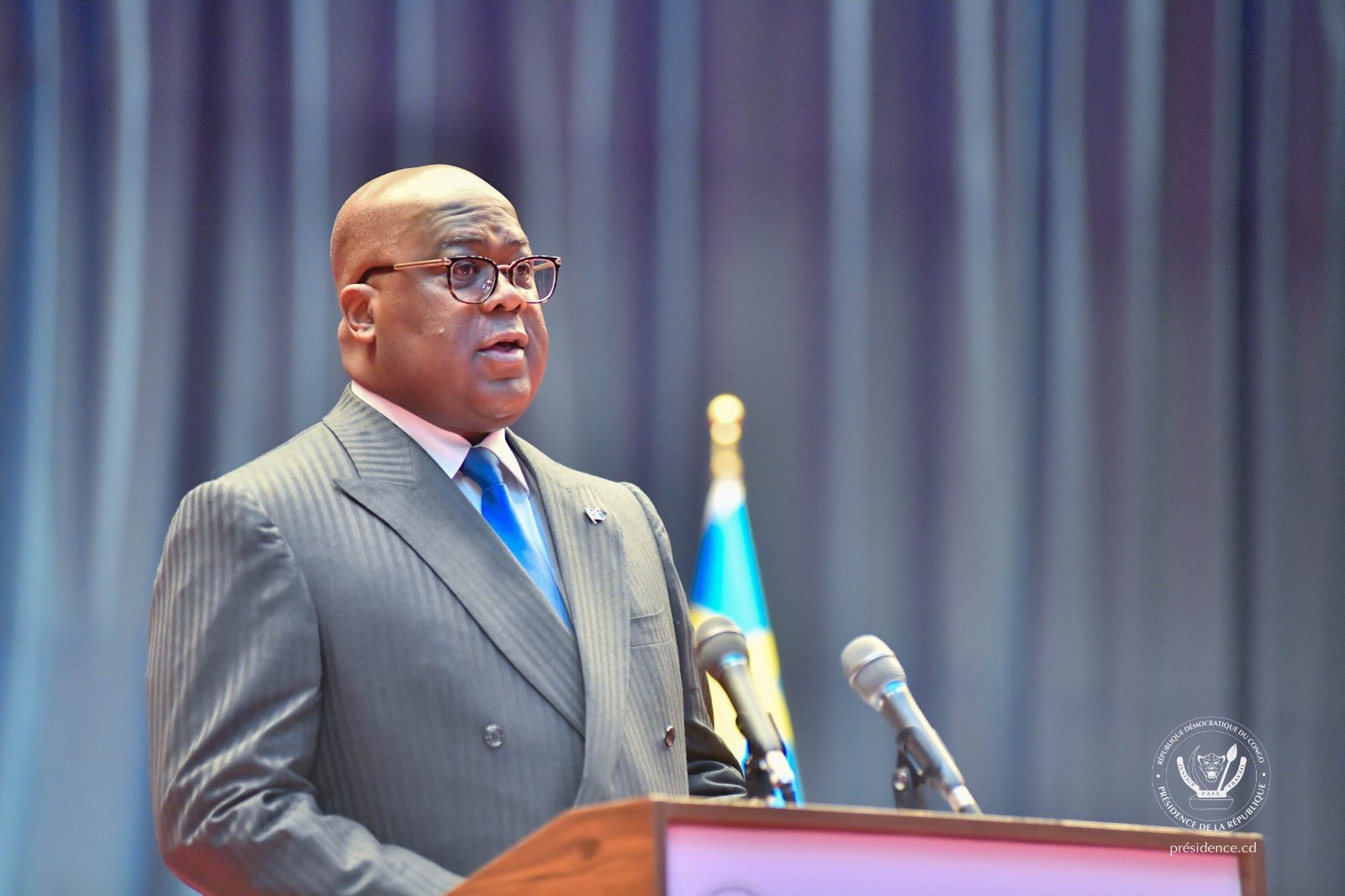Regional
Why Tshisekedi denied EU electoral observers entry
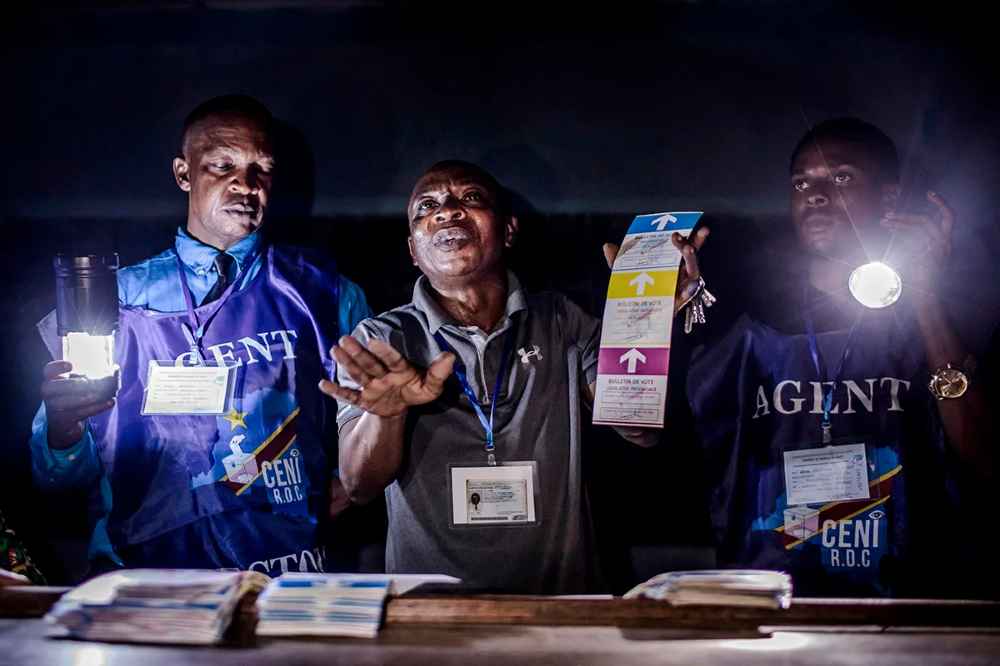
A polling official counts votes in a school during a power outage in Kinshasa on Dec. 30, 2018.
With
only one day to the polls, the Congolese
population is anxious. Hostilities are most likely to follow Félix Tshisekedi’s planned electoral coup.
The
President of the Democratic Republic of Congo refused to authorize satellite
equipment for European Union election observers, citing fears that it would be
used by foreigners to influence the December 20 general elections.
On
November 29, the EU surprisingly annulled its electoral mission to DRC, citing
technical issues. The decision came after EU officials requested the permits for
two months with no response from Kinshasa.
By the
time, an initial team of observers had already arrived in the country. The
equipment which consisted phones and internet terminals (BGANs) and vehicle-tracking
devices was meant to enable the electoral observers stay in touch with the main
team in Kinshasa.
Fearing
that his long planned electoral coup would be exposed, Tshisekedi refused to
allow in the EU’s equipment. Kinshasa said the equipment could be used to ‘manipulate’
electoral results. But this was merely a pretext. With no hope for winning the
poll, Tshisekedi cannot allow free and fair elections to be held.
Tshisekedi
broke all his promises in his first term. He knows that the Congolese people
can never give him a second shot to worsen a bad status quo that DRC has
experienced in the past five years.
The
presence of EU observers would expose his fraud in the elections, challenging
his bloody plans to retain power.
Congolese
opposition leaders have warned that Tshisekedi has for long conspired to stage another
electoral coup following the successful one in 2018, when he was declared a
winner despite Martin Fayulu having got more votes.
In
October 2021, Tshisekedi appointed Denis Kadima as head of Independent
Electoral Commission (CENI). This raised suspicions since the two are fellow
tribesmen from Kasai.
Tshisekedi
is accused of using CENI to create more voting centers and enrolling thousands
of ‘ghost’ voters in his home province, Kasai.
The
60-year-old unconstitutionally appointed judges responsible for solving
election-related disputes, neglected electoral law reforms and imposed martial
law in opposition strongholds through a declared 'state of siege' in North Kivu
and Ituri provinces.
Tshisekedi declared there will be no elections in Rutshuru and Masisi territories citing insecurity, while he is the one who causes the violence there.


